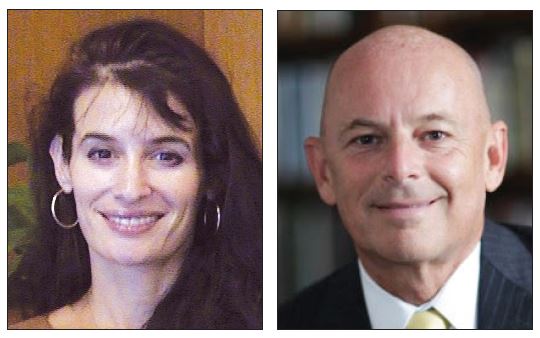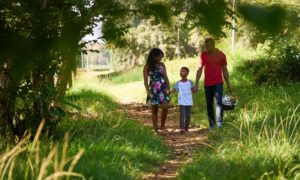 People in recovery vividly recall their first experiences with drugs and alcohol as teenagers. There are many common themes throughout these recollections, usually centering around feeling different, and drinking helping people socialize.
People in recovery vividly recall their first experiences with drugs and alcohol as teenagers. There are many common themes throughout these recollections, usually centering around feeling different, and drinking helping people socialize.
Service to others struggling with addiction is a critical component of 12-step programs. This service can take many forms — from high intensity, like helping others talk through their problems, to low-intensity, like setting up chairs and making coffee.
Project SOS: We sought to examine the nature of the relationship between social anxiety disorder (SAD) and drug use as related to peer-helping and positive recovery outcomes. In a sample of 195 teens, aged 14 through 18, in court-mandated residential treatment, we compared substance-dependent individuals who also have SAD to an otherwise similar group of who had not been diagnosed with SAD. We hoped to determine the influence of anxiety on clinical severity when they entered treatment, peer helping during treatment, and positive recovery outcomes after discharge.
Our findings were striking: 42 percent of teens in residential treatment had a fear of being humiliated, with 15 percent fitting the criteria for SAD. Two-thirds reported anxiety symptoms before ever taking their first drink or drug. In general, teenagers with SAD presented with greater clinical severity, higher incidence of heroin or poly-drug abuse, and greater histories of incarceration and trauma.
But here is where our results get really interesting: Adolescents with SAD reported significantly higher service participation, and this participation was associated with reduced rates of relapse six-months post-discharge. In addition to reduced rates of relapse, those who participated in service experienced increased self-value, more positive mood, the perception of social integration and a healthy distraction from their problems.
[Related: Teen Stress and the Growing Brain]
The low-intensity social behavior involved in 12-step peer-helping likely allows people to participate in social events without experiencing the anxiety associated with conversations and other higher-intensity social activities. The socially anxious individual is not a loner. Rather, she likely desperately craves social interaction and acceptance but is too trapped in the self-constructed prison of anxiety to engage.
One of the most difficult concepts for those in early recovery to understand is the difference between merely being dry, or abstinent, as opposed to being sober and in recovery. In some ways, defining these ideas can be like grasping smoke, so the fact that practitioners and researchers have difficulty explaining the difference makes it that much harder.
The findings of this project and other work in our lab helps to illuminate this muddy question. When you are addicted, all energies face inward just to survive and meet the needs of your disease. Prior research on driving under the influence and engagement in unprotected sexual behavior supports this theory. Merely abstaining from using psychoactive chemicals does not change this ego-centrism in and of itself. A positive, meaningful recovery hinges on the ability of individuals to create a life for themselves that cultivates the ability to look outward.
Our findings suggest that 12-step programs unequivocally represent a highly successful means through which to achieve this goal. Program components such as service to others, spirituality and constant reflection help people truly change the direction of their lives. Some individuals do not like 12-step groups. Service and other outward-facing behaviors could potentially help an individual to reap the benefits of these programs even if 12-step is not an option for them.
It is good to be good. Helping others helps ourselves. We are inherently social beings who benefit from living ethical lives. American society has developed an emphasis on individual achievement as the route to happiness. Research like ours suggests that doing something for another human being could lead to a happier, more meaningful life.
Maria Pagano, Ph.D,, is an associate professor of child psychiatry at Case Western Reserve University School of Medicine. Also contributing to this column are Byron Johnson, Ph.D, professor of the social sciences at Baylor University and founding director of the Baylor Institute for Studies of Religion, and Christopher Mayer, a graduate student at the Jack, Joseph, and Morton Mandel School of Applied Social Sciences at Case Western Reserve University.
More related articles:
Considering a Research-Informed Theoretical Framework for Trauma-Informed Approaches
Time to End State-sanctioned Assaults on Our Schoolchildren































